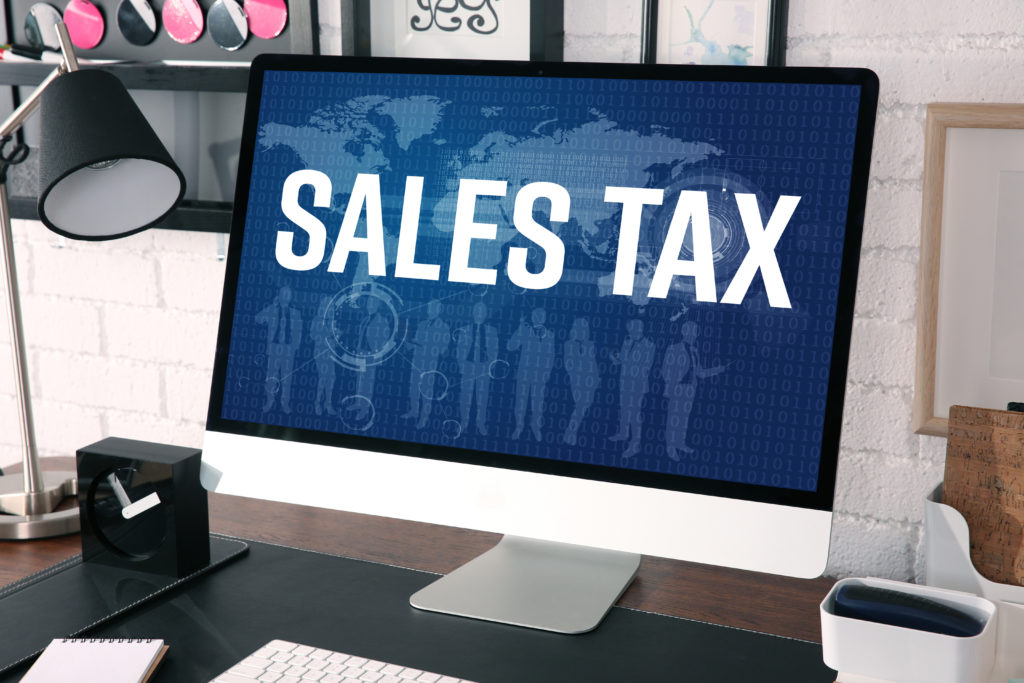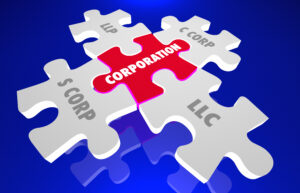Congress Not Looking to Pass Internet Sales Tax Anytime Soon

Ever since the Internet became a worldwide sensation, there have been those who think it should be taxed, especially Internet sales from state to state. Taxing the Internet would be a huge source of extra revenue for the government, but for those who use the Internet to shop (which is just about everyone these days), those taxes would be a real headache.
However, the latest attempt at taxing the Internet may not be going anywhere. That’s because the Main Street Fairness Act, a bill that would allow state and local governments to charge and collect taxes on Internet sales from companies that are located in another state, has run into a brick wall in Congress. The bill already passed the Senate in May of 2013, but so far Congress has not jumped on board.
Even though the bill will not be moving forward this year, according to Speaker of the House John Boehner, proponents of the bill could always bring it up again next year, but it would have to start over fresh in Congress.
Those who oppose the bill claim that it will be another tax on consumers who use the Internet to shop. Plus, for those companies who sell online, the price to set the system up to collect those taxes would be costly.
For now, though, taxing the Internet is still just an idea and not a reality. The debate will assuredly rage on in Congress, but whether or not it ever becomes a reality is still to be determined. Meanwhile, you can contact GROCO at any time for all of your tax planning needs by clicking here.
Tax S-corporation
Saving Taxes with an S Corporation An S corporation election allows the shareholders to preserve the benefit of limited liability for the corporate form while at the same time being treated as partners for federal income tax purposes. Ever wondered why so many small businesses operate as an S corporation? Simple. An S corporation saves…
Sec1045 Partnerships
Sec1045 Partnerships This document contains final regulations relating to the application of section 1045 of the Internal Revenue Code (Code) to partnerships and their partners. These regulations provide rules regarding the deferral of gain on a partnership’s sale of qualified small business stock (QSB stock) and a partner’s sale of QSB stock distributed by a…
Sec179 Businessequipment
Updated: 11/12/10 Most new business equipment can be either depreciated over its useful life or expensed immediately under Internal Revenue Code Section 179. The maximum deduction is based on the following schedule for the date in which the tax year begins. Each 1040, whether Single or Joint, is limited to one maximum. 179 expenses passed…
Sec1244 Small Business Stock Sales
Sec1244 Small Business Stock Sales Section 1244 of the Internal Revenue Code, the small business stock provision, was enacted to allow shareholders of domestic small business corporations to deduct as ordinary losses, losses sustained when they dispose of their small business stock. In order to receive this beneficial treatment, the Code prescribes specific requirements for:…



